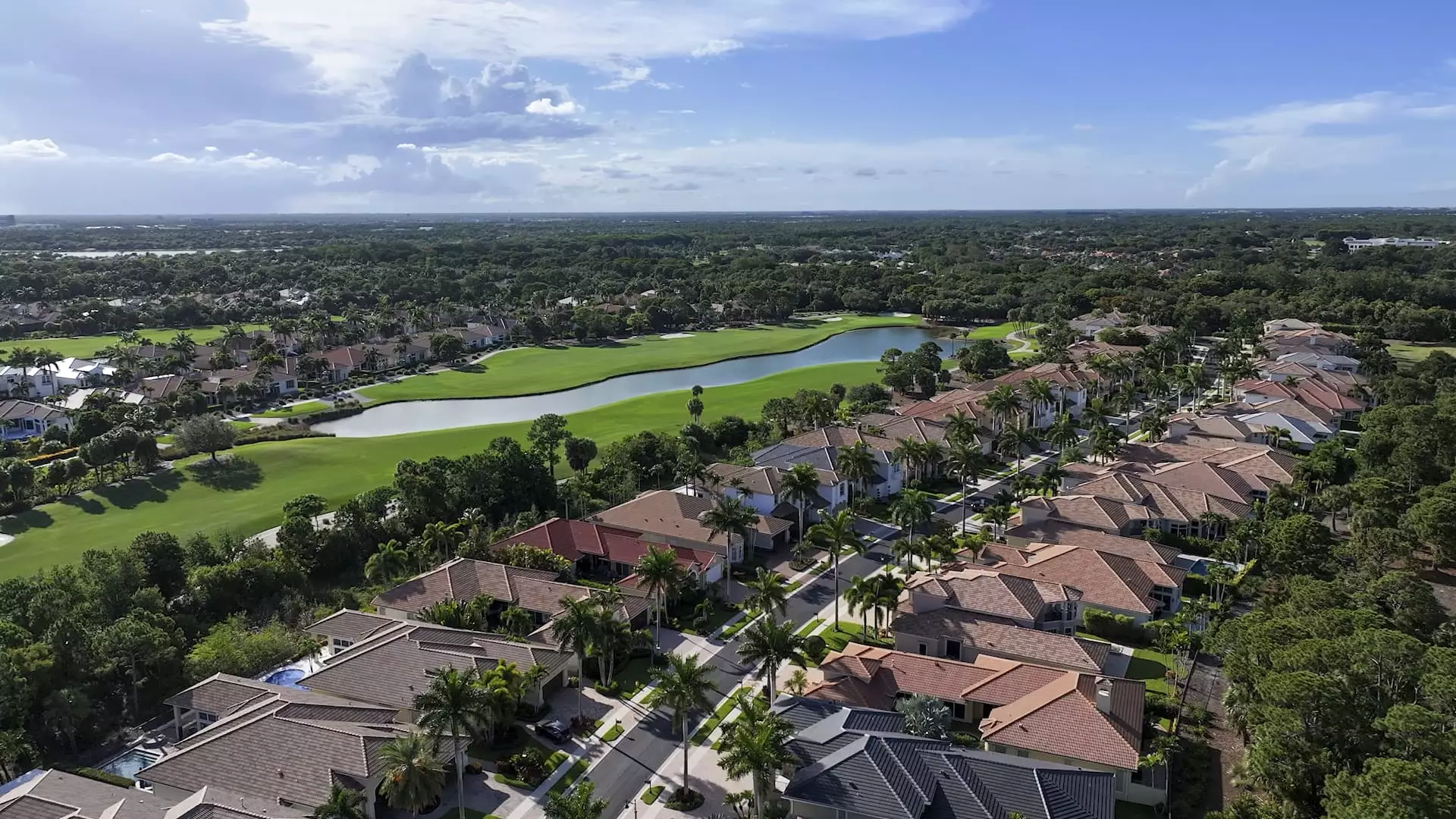Gated communities have long been portrayed as sanctuaries for the affluent and those seeking refuge from chaos. However, their evolution reveals a deeper sociopolitical phenomenon: the desire for control and exclusivity disguised as safety. Originally designed as enclaves for retirees or the wealthy, these neighborhoods now cater to a broader demographic, reflecting shifting cultural values around privacy, status, and perceived security. The narrative that these communities are purely safe havens is increasingly superficial, masking underlying implications about social stratification and individualism.
Economics of Exclusivity: Are We Paying for Illusion?
The economic aspect of gated communities underscores a troubling reality—homeowners are often paying a premium, not solely for enhanced amenities, but for a perceived barrier from societal uncertainties. Homes within these gated enclaves can fetch 5% to 20% more than comparable properties, a surcharge justified by exclusivity and amenities. Yet, this pricing differential raises critical questions: Are it’s residents truly safer inside these gates? Or are they more accurately investing in social segregation? The very notion that security can be bought, especially when actual crime rates in the U.S. are relatively low compared to other countries, reveals a troubling tendency to equate privacy with safety.
The Cultural Shift: From Community to Fortress
There’s a growing paradox at play. Gated communities often promote the idea of fostering close-knit neighborhoods, but in practice, they can serve as fortresses, reinforcing class divisions and social separation. The emphasis on amenities like golf courses, water access, and concierge services creates a superficial sense of community revolving around luxury. Meanwhile, the real communities—public spaces, diverse neighborhoods—suffer from neglect. The rising HOA fees and additional membership costs further alienate lower-income families, inflating inequality and perpetuating a culture where security is commodified and societal cohesion erodes.
The Ethical Dilemma: Control and Societal Impact
While the desire for safety and privacy is understandable, the widespread adoption of gated communities fosters a kind of social apartheid. By controlling access, these enclaves effectively segregate residents from the broader community, heightening disparities and undermining social solidarity. This privatization of neighborhood spaces turns security into a status symbol, rather than a genuine concern for safety. In doing so, they deepen the divide, championing individualistic protection at the expense of collective resilience and social trust.
The Power of Perception Versus Reality
Ultimately, gated communities manipulate perception—creating an illusion of security and exclusivity that often goes unchallenged. While they may bring tangible benefits, such as higher property appreciation and luxurious amenities, they also symbolize a retreat from the communal responsibilities that bind society together. The question becomes: are these developments a necessary evolution for safety and comfort, or a symptomatic rejection of broader societal challenges that require collective solutions? From a centrist liberal perspective, embracing community-driven approaches and equitable urban planning might serve society better than fostering gated fortresses that emphasize division over integration.

